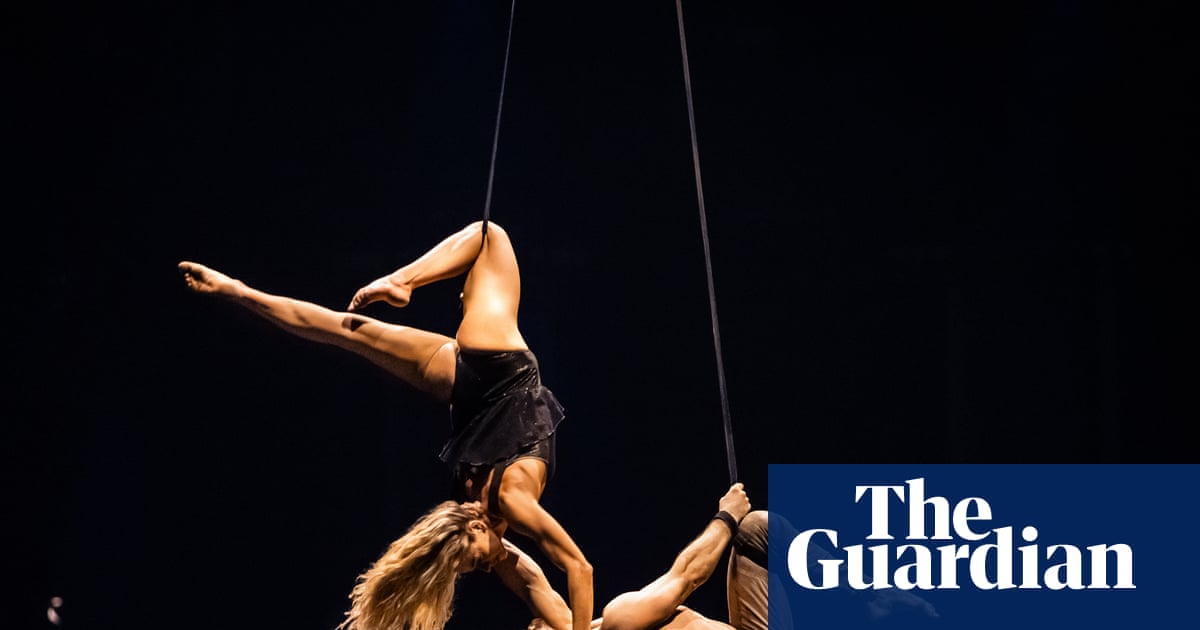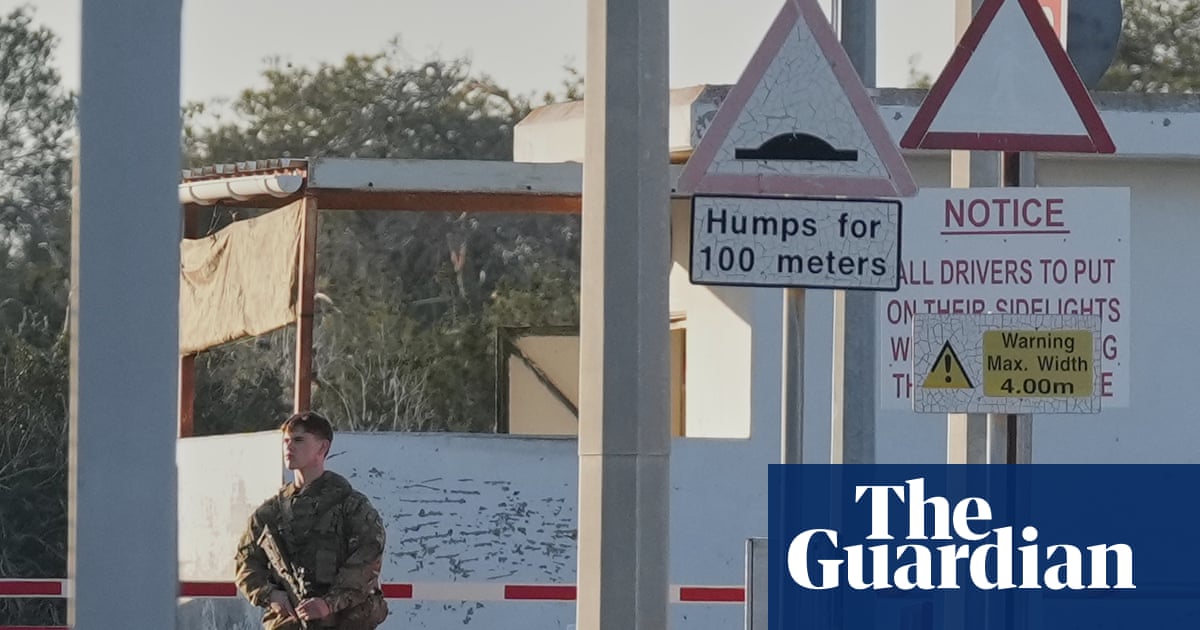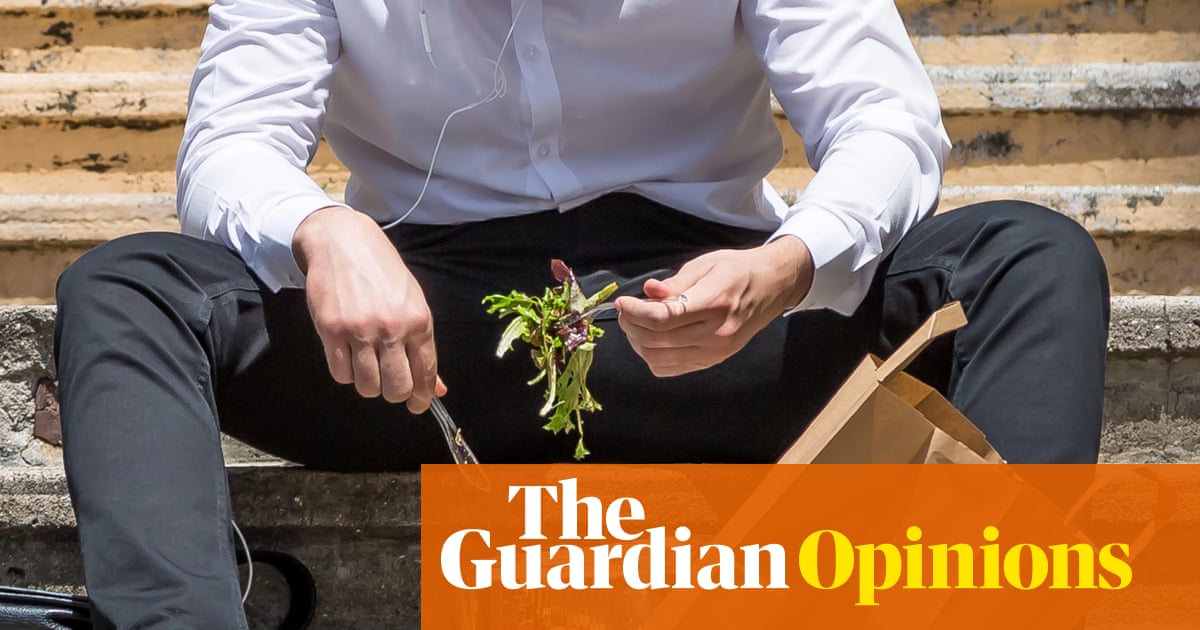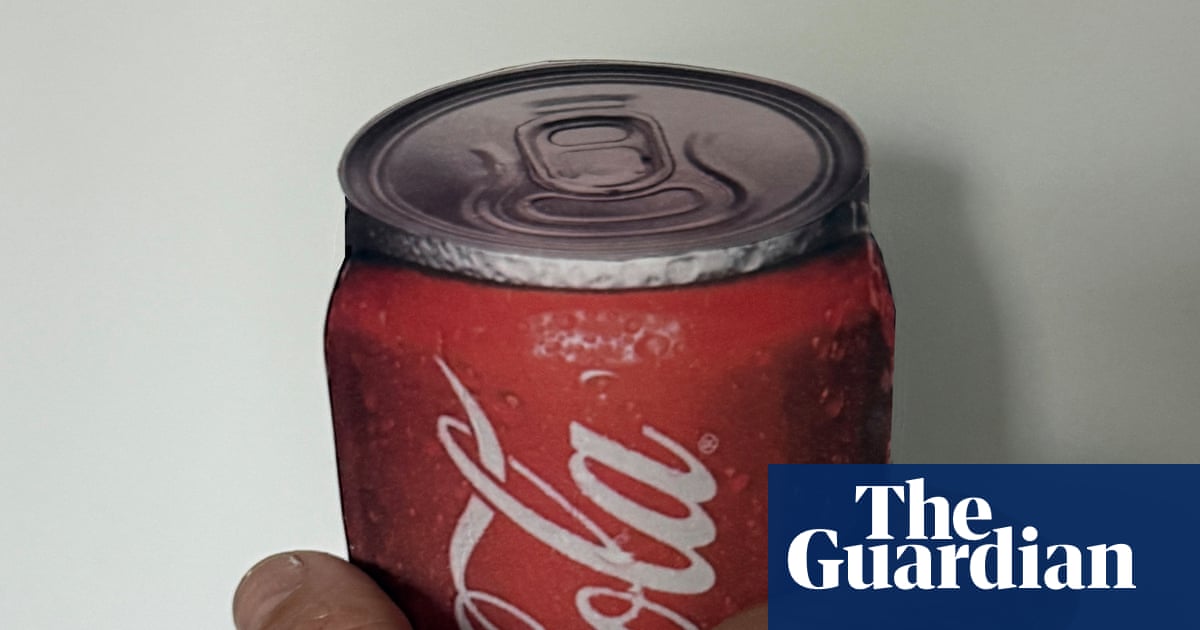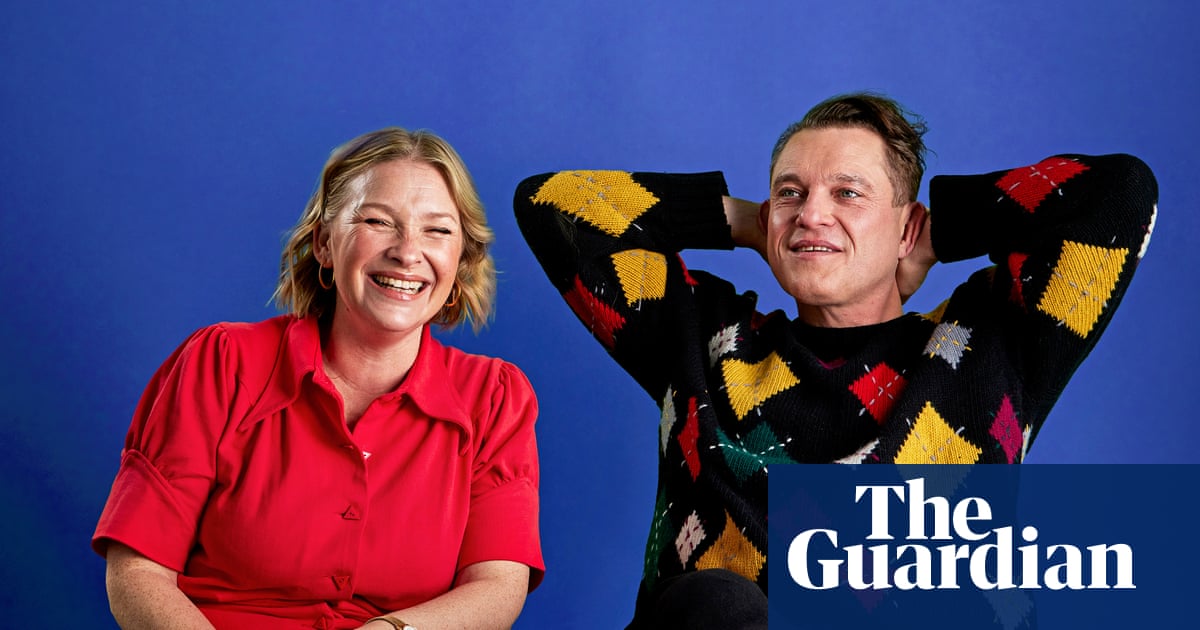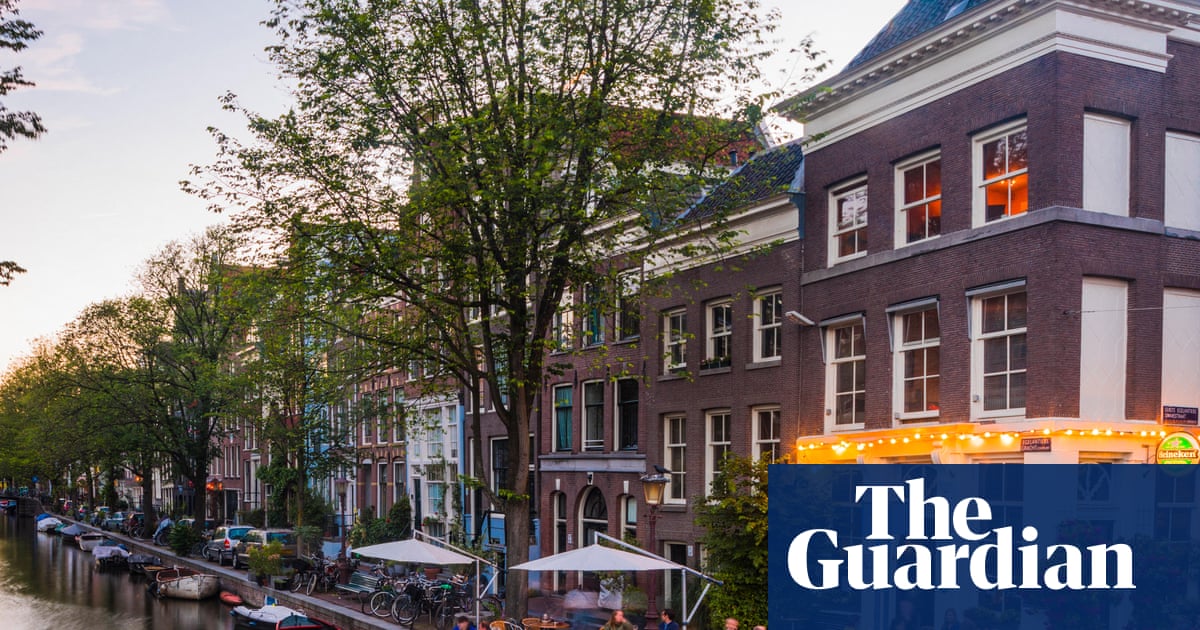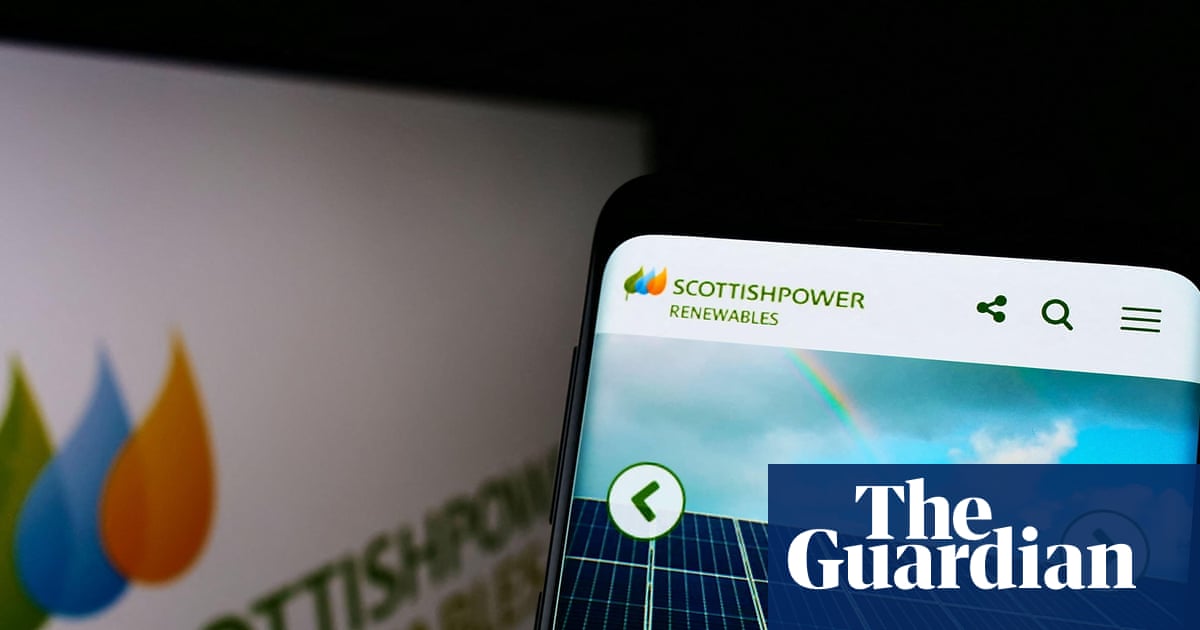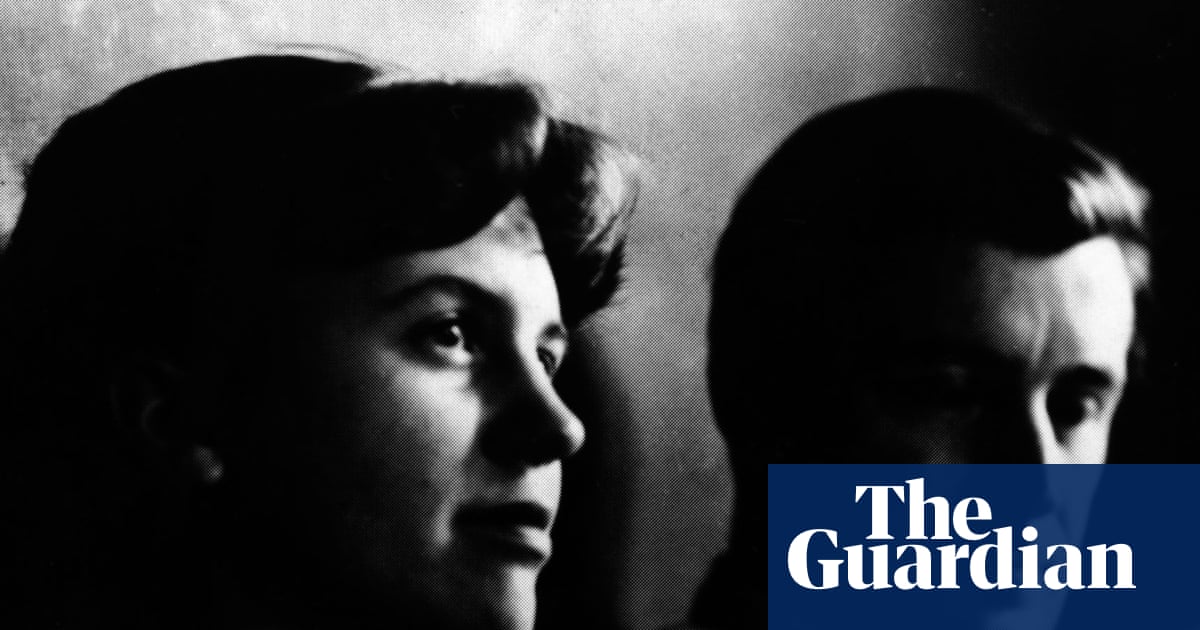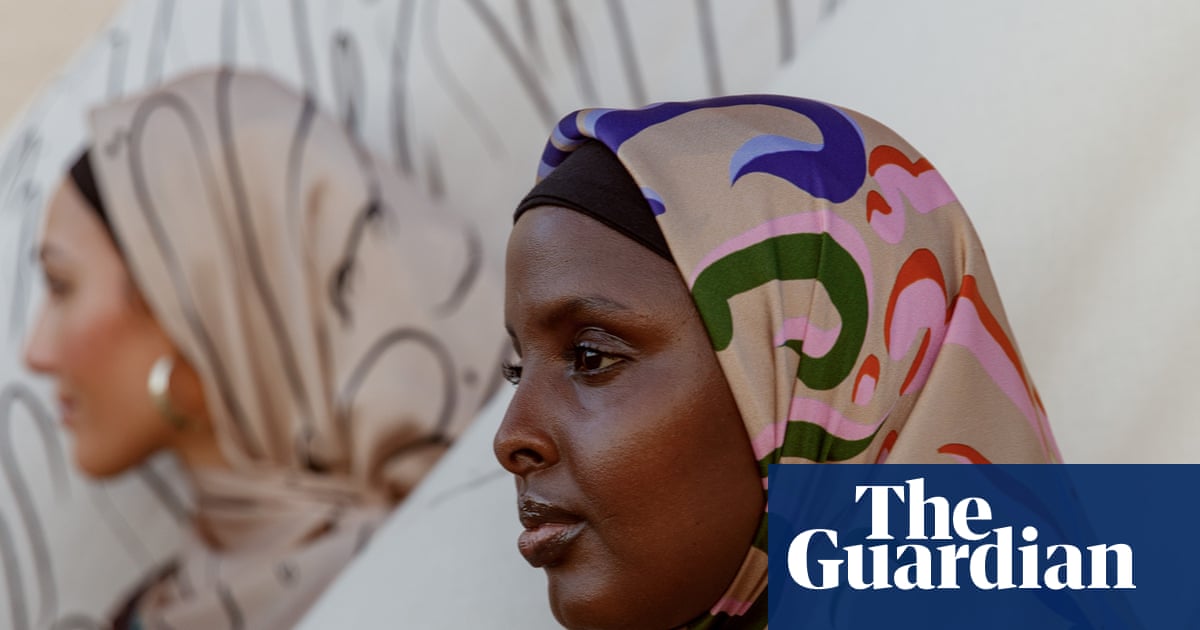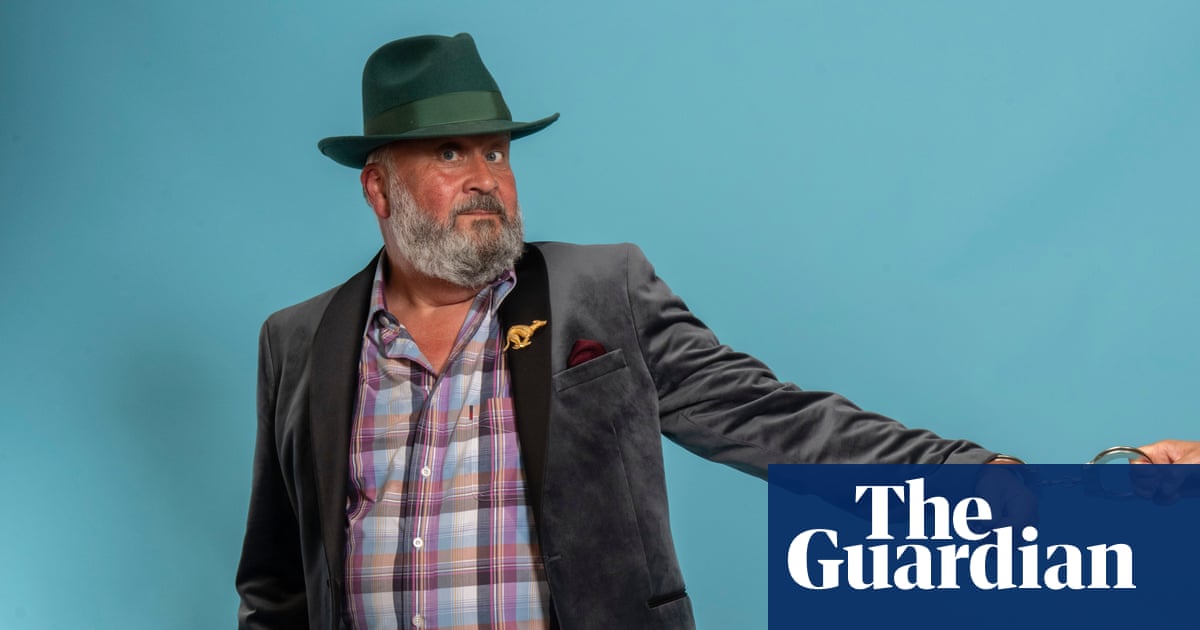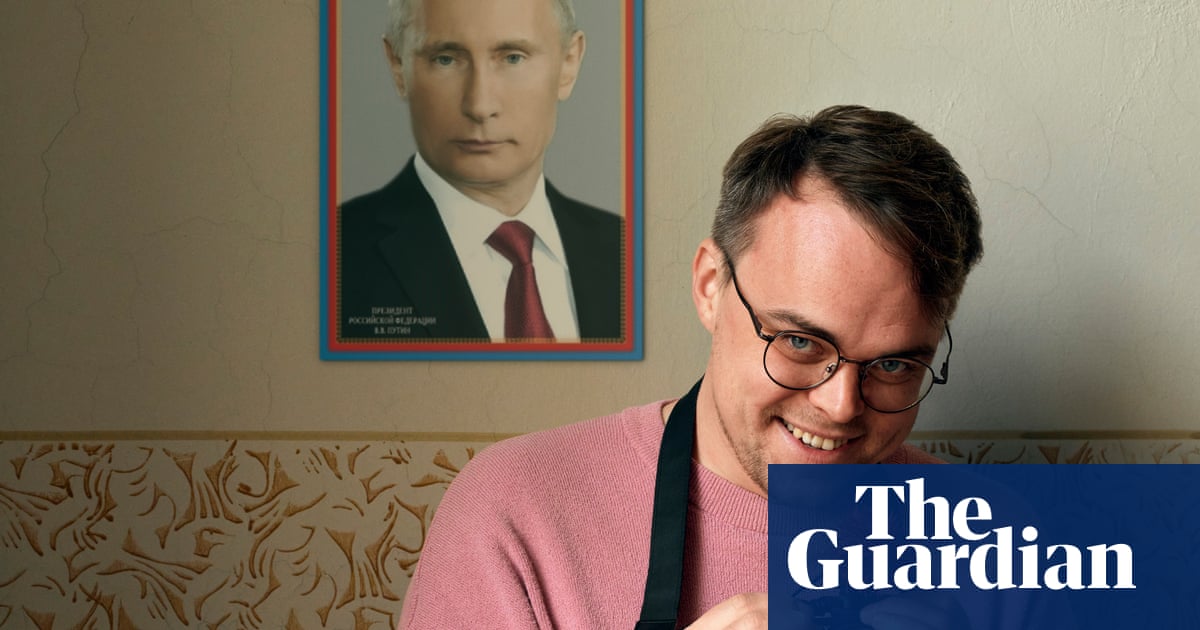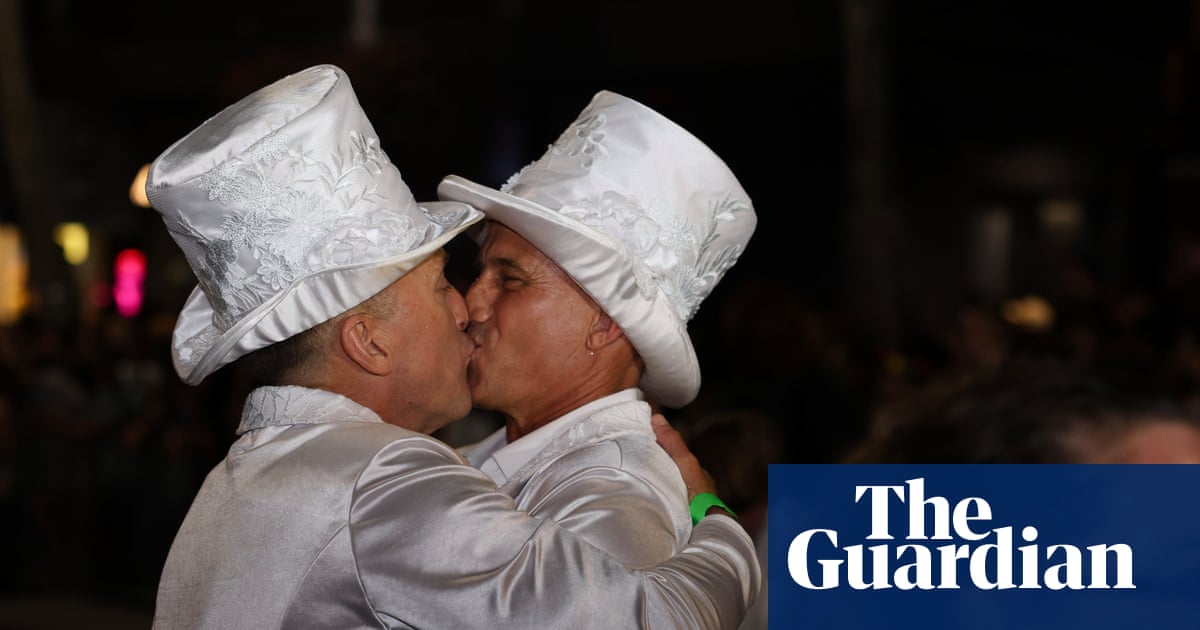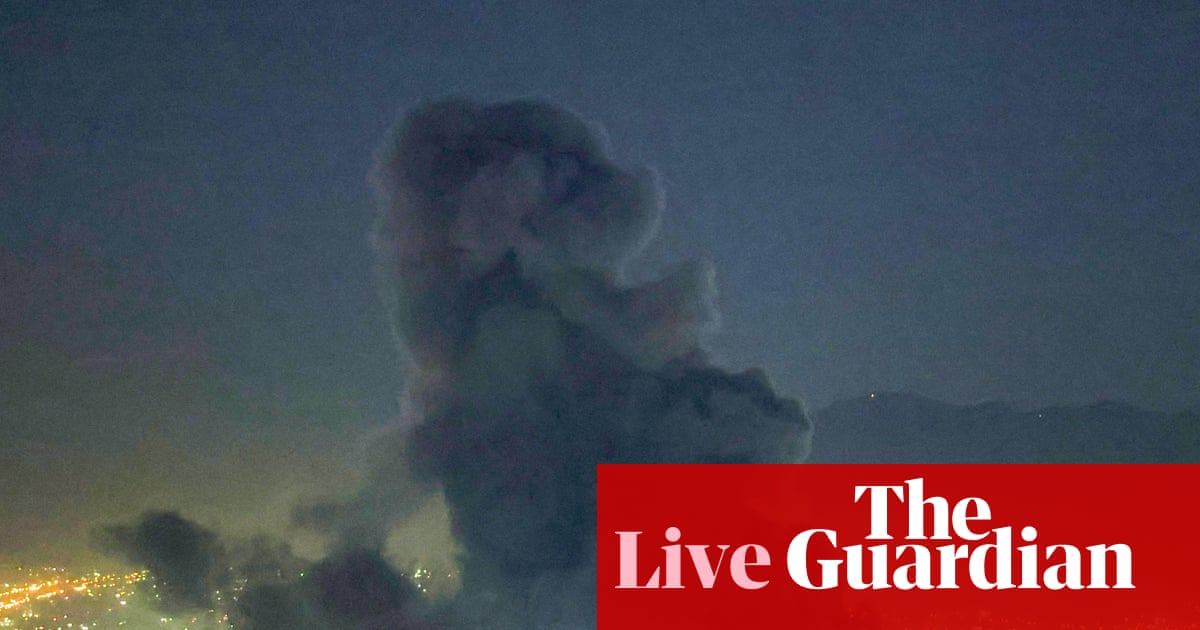He got by with a little help from his friends. From British royalty to White House alumni, from a Silicon Valley investor to a leftwing academic, connections and influence were the ultimate currency for Jeffrey Epstein.
Yet none appeared to challenge Epstein over his horrific crimes. If silence is complicity, the casual disdain of the elite circles he moved in spoke volumes.
Emails released this week by the House of Representatives’ oversight committee revealed how Epstein maintained contact with business executives, reporters, academics and political players despite his 2008 guilty plea for soliciting prostitution from an underage girl.
Epstein’s death – he was charged with sex trafficking in 2019 and killed himself in prison a month later – has long been a magnet for conspiracy theories but the documents expose a reality less about a shadowy cabal and more about a system of power that operates in plain sight, indifferent to conviction or consequence.
Spanning 2009 to 2019, Epstein’s short, choppy emails laden with spelling and grammatical errors do little to implicate his contacts – including Donald Trump – in any criminal activities. But they do show some acquaintances supporting him during legal troubles while others sought introductions or advice on everything from dating to oil prices.
Their bantering, frivolous tone implies that Epstein would have felt still welcome as a member of polite society, receiving no social incentive to change his ways. Far from being ostracised as a sex offender, he was normalised.
In several messages in 2018, he advised longtime Trump ally Steve Bannon on his political tour of Europe that year. Bannon forwarded Epstein a news clip that described the German media as “underestimating” Bannon and saying he was “As Dangerous as Ever”.
“luv it,” Epstein responded.
Epstein wrote that he’d just spoken to “one of the country leaders that we discussed” and that “we should lay out a strategy plan. . how much fun.”
Several months later, Epstein sent some advice: “If you are going to play here , you’ll have to spend time, europe by remote doesn’t work.”
“its doable but time consuming,” Epstein continued in a follow-up email, “there are many leaders of countries we can organize for you to have one on ones.” Bannon replied: “Agree 100% How do I do that???”
When physicist Lawrence Krauss faced sexual harassment allegations, he emailed Epstein for advice on how to handle a journalist’s inquiry. After asking whether Krauss had had sex with the person in question, Epstein advised him not to reply to the journalist.
Larry Summers, who was treasury secretary under Bill Clinton and later president of Harvard University, discussed his interactions with a woman and Epstein offered coaching on his response, writing: “you reacted well.. annoyed shows caring. , no whining showed strentgh.”
In another email, Summers opined: “I’m trying to figure why American elite think if u murder your baby by beating and abandonment it must be irrelevant to your admission to Harvard, but hit on a few women 10 years ago and can’t work at a network or think tank. DO NOT REPEAT THIS INSIGHT.”
In a further message, Summers asked: “How is life among the lucrative and louche?” Epstein replied: “When we meet I will endeavor to mesmerize you with stories of D.C. so wild !!!”
Summers was not the only Democrat in Epstein’s orbit. Kathryn Ruemmler, a former White House counsel under Barack Obama, sent a message to him calling Trump “so gross”. A portion of that message was redacted, but Epstein replied: “worse in real life and upclose.”
In other emails with Ruemmler, Epstein detailed a whirlwind of well-known people he appears to have been meeting, hosting or speaking with that week, including an ambassador, a tech giant, foreign business people, academics and a film director. “you are a welcome guest at any,” he wrote.
In one message, Ruemmler expressed apparent contempt for the people of New Jersey as she planned a road trip to New York: “Think I am going to drive. I will then stop to pee and get gas at a rest stop on the New Jersey turnpike, will observe all of the people there who are at least 100 pounds overweight, will have a mild panic attack as a result of the observation, and will then decide that I am not eating another bite of food for the rest of my life out of fear that I will end up like one of these people.”
The documents also cast significant doubt on the former prince Andrew’s official account of his relationship with Epstein and his accusers. An email from March 2011 shows continued contact four months after Andrew later publicly claimed to have ended the relationship. In a message to Epstein and Ghislaine Maxwell regarding allegations, Andrew wrote: “I can’t take any more of this my end.”
Another email appears to corroborate the famous photograph of Andrew with accuser Virginia Giuffre. Epstein wrote: “Yes, she was on my plane and yes, she had her photo taken with Andrew, as many of my employees have.” This stands in contrast with the prince’s public speculation during a 2019 interview that the photograph may have been faked.
Journalist Michael Wolff appears in numerous exchanges, often acting as an informal adviser to Epstein regarding his relationship with Trump. In 2015, Wolff advised Epstein to “let him [Trump] hang himself” if Trump were asked about their relationship during a CNN appearance, suggesting that any denial from Trump would give Epstein “valuable PR and political currency”.
Shortly before the 2016 election, Wolff wrote to Epstein: “There’s an opportunity to come forward this week and talk about Trump in such a way that could garner you great sympathy and help finish him. Interested?”
The emails show that Epstein’s role in his network went far beyond social pleasantries. He was treated as a trusted consigliere, a fixer whose judgment on matters of politics, scandal and personal life was actively sought by the powerful.
He even sought to shape foreign policy. In the run-up to Trump’s 2018 bilateral meeting with Vladimir Putin, Epstein proposed that Sergei Lavrov, Russia’s foreign minister, might benefit from his own insights into the then-US president.
“I think you might suggest to Putin that Lavrov can get insight on talking to me,” Epstein wrote in an email to Thorbjørn Jagland, the former Norwegian prime minister who was at the helm of the Council of Europe at the time.
Epstein went on to claim that he had previously discussed Trump with Vitaly Churkin, Russia’s ambassador to the UN, before Churkin’s death in 2017. “Churkin was great,” Epstein wrote. “He understood Trump after our conversations. It is not complex. He must be seen to get something – it’s that simple.”
In January 2010, biotech venture capitalist Boris Nikolic was attending the annual World Economic Forum in Davos, Switzerland, and Epstein emailed to ask: “any fun?” Nikolic replied that he had met “your friend” Bill Clinton, as well as then-French president Nicolas Sarkozy and “your other friend”, Andrew, “as he has some questions re microsoft”.
But then Nikolic said he was getting sick of meetings. Later, he wrote Epstein that “it would be blast that you are here”. He mentioned flirting with a 22-year-old woman and wrote that “It turns out she is with her husand. Did not have chance to check him out. But as we concluded, anything good is rented ;)”.
In emails with Sultan Ahmed bin Sulayem, an Emirati businessman, Epstein complimented Bannon, saying in 2018 that “We have become friends you will like him”.
“Trump doesn’t like him,” responded Sulayem.
A year earlier, Sulayem had asked Epstein about an event where it appeared Trump would be in attendance, asking: “Do you think it will be possible to shake hand with trump.”
“Call to discuss,” Epstein wrote back.
The list of associates was wide and varied. In 2011, Epstein asked the publicist Peggy Siegal to contact media entrepreneur Arianna Huffington to “champion the dangers of false allegations” and investigate accuser Virginia Giuffre. Siegal called the request “moronic”.
In a 2015 email, Epstein offered Noam Chomsky, a linguist at the Massachusetts Institute of Technology and political activist, use of his New York and New Mexico residences. Their exchange also covered topics such as currency collapses and behavioral science.
The artist Andres Serrano discussed the 2016 election with him, writing that he was so “disgusted by the outrage over ‘grab them by the pussy’ that I may give him my sympathy vote”.
Epstein was also in touch with Peter Thiel, a Silicon Valley investor and ally of JD Vance. Epstein sent Thiel an email in 2014 saying “that was fun , see you in 3 weeks”. Four years later, Epstein asked if Thiel was enjoying Los Angeles, and, after Thiel said he could not complain, replied “Dec visit me Caribbean”. It is unclear whether Thiel ever responded.
The secrets of Epstein’s inbox do not reveal an overarching conspiracy but paints a more sobering picture: a world where immense wealth, privileged access and proximity to power can insulate individuals from accountability and consequences. For those inside the circle, the rules of the outside world do not apply.
Jamie Raskin, the top Democrat on the House judiciary committee, said: “This is a guy who I believe gave huge donations to colleges and universities, including Harvard and MIT, and those kinds of gifts can buy you a lot of currency and access in different elite circles.
“People will want to know to what extent all of these different actors understood what was going on. It may be that the people he interacted with at MIT or Harvard did not have the same level of awareness as Prince Andrew or Donald Trump did but everybody should be asked to tell what they knew.”

.png) 3 months ago
74
3 months ago
74

